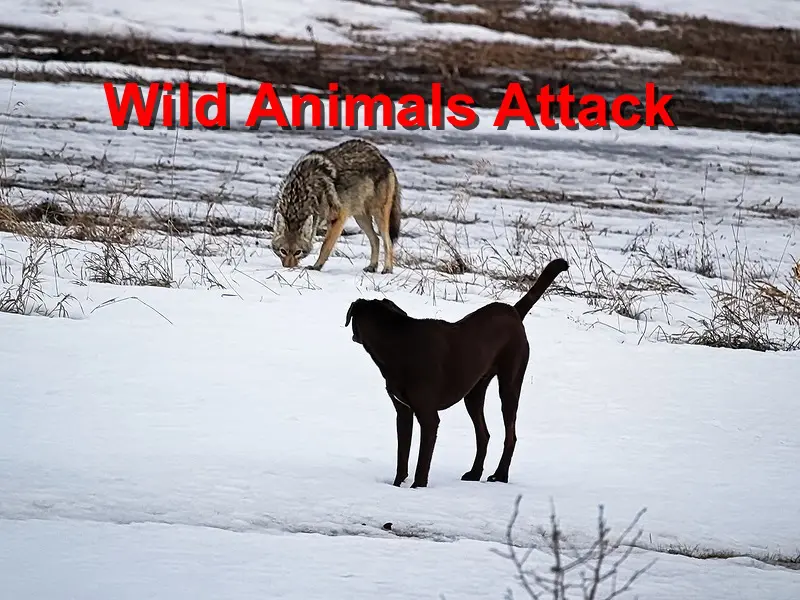Pets and Wildlife: Protecting your pets from wild animal attacks
Unfortunately, the diverse environment nowadays is often a challenge to our pets due to the dangers they face from wild animals. Worse still, these wild animals are no longer limited to the wilderness or park areas. They comfortably live among us and roam our backyards. What wild animals are a risk to pets
- Coyotes
These medium-sized carnivores pose the most significant danger to pets with their expansion to urban areas. They have also become habituated, and easily kill dogs and cats.
- Raccoons
While large or medium-sized dogs can chase raccoons off, small pugs might not be so lucky. Even a little bite or scratch can end up transmitting fatal zoonotic diseases such as rabies.
- Large-sized carnivores
Although rare, large carnivores can also attack pets, especially if they get in the way. Animals such as mountain lions, bears, and even hyenas are a danger to most outdoor pets.
- Reptiles and insects
Likewise, poisonous reptiles and insects such as snakes or scorpions can easily unleash fatal venom that can kill a cat or a dog.
Preventing wildlife attacks on your pet.
- Get a fence
A physical barrier or animal-proof wall is often the best bet in countering any encroaching coyotes or other wild animals.
- Have your pet indoors
Minimizing your outdoor pet stay also reduces the chances of a wild animal attack in the backyard. Just be sure your pet gets adequate supervision and house training.
- Install Surveillance
Never leave your house unattended with the pet. Outfit your home with CCTV cameras, motion-triggered lights always to keep an eye on your dog house, and backyard.
- Timing is crucial
Since wild animals are prone to attack from dusk to dawn, make sure your pet is safe during these hours. You can have them on a retractable leash indoor to not let them wander too far away.
- Secure food sources
Leaving your trash or pet food outside unattended attracts coyotes and other wild animals. As such, it is wise that you always clean your pet house, garbage cans, and the backyard.
What to do when a coyote attacks your dog
Once a coyote bites your pet, the best option to take is to seek immediate veterinary care. With a vet, you can get the wounds cleaned, assess the damage, and get antibiotics. As an addition, your pet also receives a rabies vaccine in case the coyote was infected.
Reference: National Geographic, ZSL Publications, One Health, Rabies




